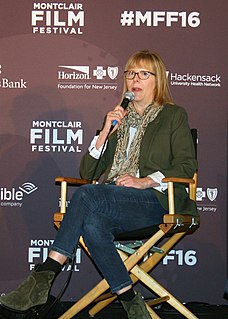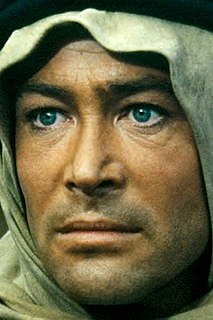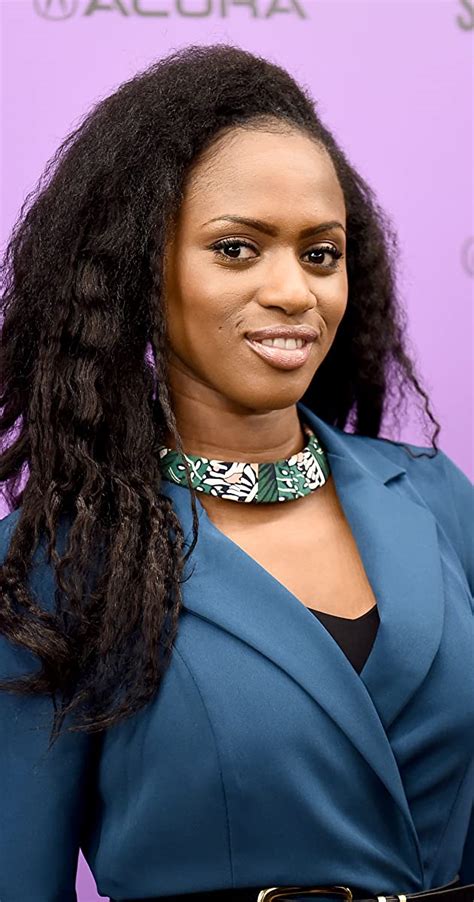A Quote by Christopher Lloyd
The outburst of sexual freedom in the '60s was bound to happen because the '50s were so oppressing. You had to live that way; women had to be like this - it was all locked into a false reality.
Related Quotes
When I was growing up in the '50s, I had never heard of a "woman film director," so I did not consider it as an option. But I was fortunate that in the late-'60s and '70s, because of the feminist movement, women were stepping into all sorts of careers that had been closed to them in the past and film was one of them.
When you talk to women who were working as print journalists or in broadcasting in the '50s, and then you talk to women who were working in the late '60s, there's an enormous difference. There had already been a huge transition. Then, of course, you get well into the '70s and there were women with children working.
Those of us who grew up in the '50s and '60s, we had the dream that this could be turned around, and the earth could be back in balance, and that we could level the playing field with men and women and pay, and you know, minority groups having equal opportunity. We just magically thought this was all going to happen: we were going to have clean food, and organic this, and conscious that, and it just didn't happen.
I truly believe that we're about to enter a second golden age of design. The first one was in the '50s and '60s, when designers like Raymond Loewy, Charles Eames, George Nelson and Dieter Rams were shepherds of the brands they were working with. They had influence over the products and how companies communicated and promoted themselves.
We had a moment in the '40s and '50s, where female characters were very strong in film, where these incredible roles were written for women like Joan Crawford, like Bette Davis. But then there was a space of time where - I don't know why - it wasn't like that. It became difficult for women to find certain roles after a certain age.
There were a lot of different things [in The Women's Room ]. I don't really want to summarize it in this way. It's about a woman's awakening, a woman who came of age in the '50s and is a teenager - actually, she's a little bit older - in the '60s and part of the women's movement and how she ends up there.




































